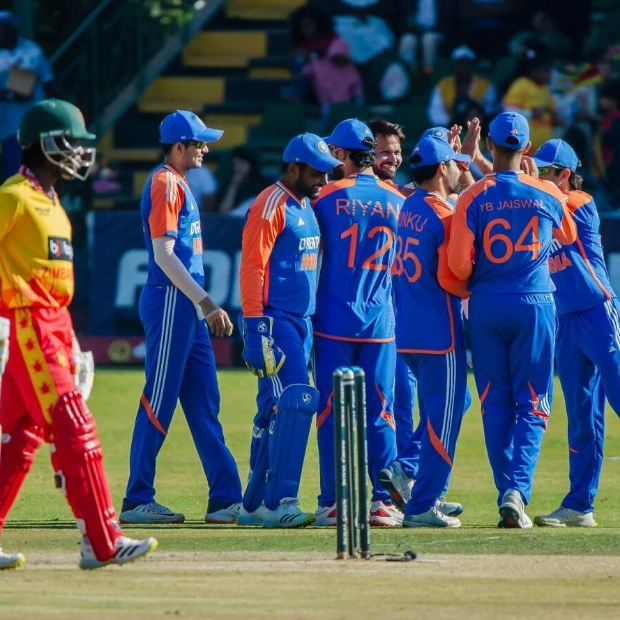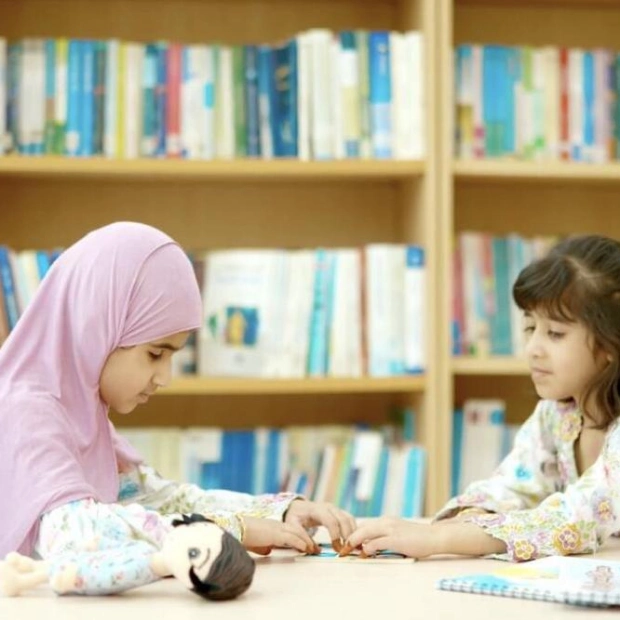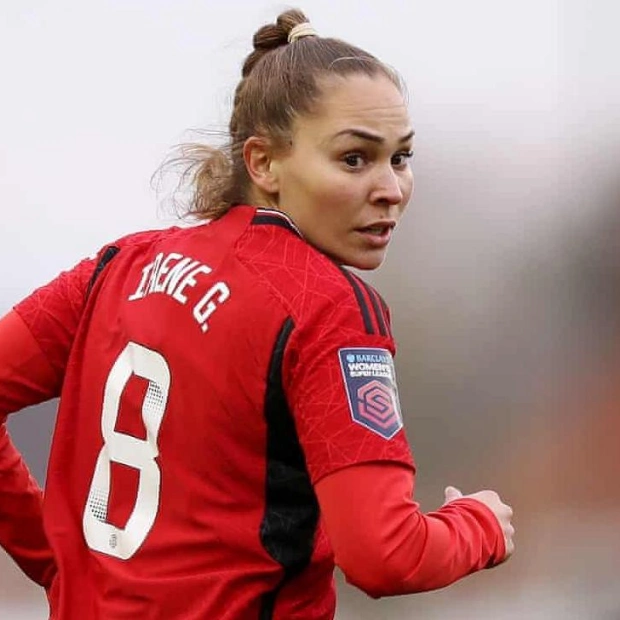Some parents in the UAE have noted that Gen Alpha's rapid and condensed communication style is complicating intergenerational conversations. Millennials have expressed frustration in their inability to grasp terms like 'skibidi' (spontaneous, funny) and 'sigma' (individuals who defy societal norms). They often find themselves grappling with unfamiliar terms and their peculiar usage. This linguistic whirlwind, characteristic of Generation Alpha—born between 2010 and 2025—is the first fully digital-native generation, shaped by platforms like TikTok, Instagram Reels, and YouTube Shorts. Their slang evolves at an unprecedented pace, widening the generational linguistic gap.
French expat Christine Quartier La Tente in the UAE remarked, 'I think every generation comes with its lingo. Adults just forget.' She explained how each generation has its unique slang, citing examples from her own family history. Christine also highlighted the challenges she faces understanding her 11-year-old daughter Daria's fast-paced, internet-influenced speech.
A 2021 linguistics study by Frasasti Wahyu Nuraeni and John Pahamzah, published in the journal LITERA, delves into similar issues, examining the types of slang used by teenagers and the reasons behind their usage. Parents like Shreya Chakraborty and Natalia Miranda have shared their struggles in keeping up with their children's evolving vocabulary, often resorting to asking their children to explain new terms.
Experts like Girish Hemnani, a life coach and energy healer in Dubai, warn about the phenomenon of 'brainrot,' characterized by fragmented, hyper-abbreviated, and meme-centric communication. This can hinder meaningful intergenerational conversations. Shereen Abraham, an emotional wellbeing consultant, also notes the challenges faced by educators and family members in connecting with Gen Alpha due to the language gap.
Source link: https://www.khaleejtimes.com






